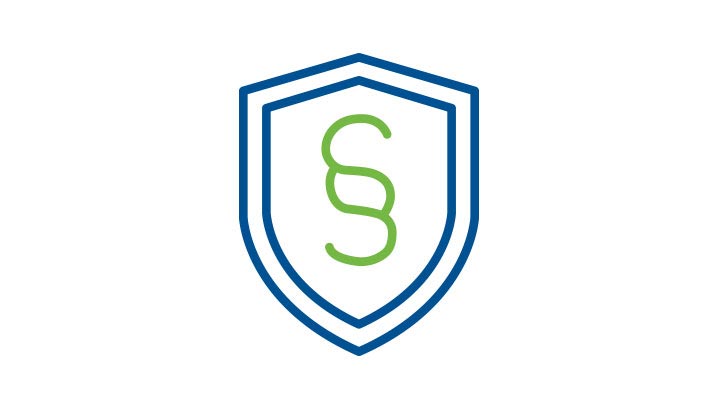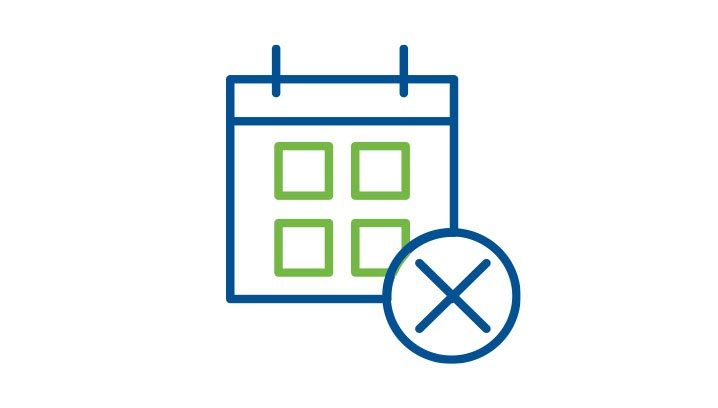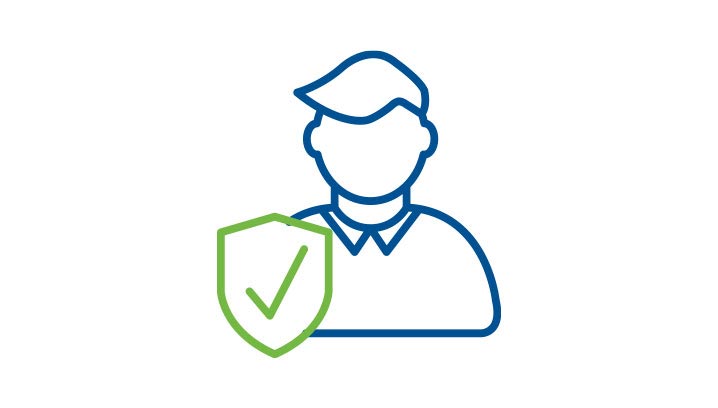Corporate legal protection insurance offers companies protection against losses in proceedings conducted by German administrative authorities on the basis of statutory cost and fee regulations. This type of insurance is triggered, for example, where there are official proceedings due to a company’s licence for trading being revoked. Among other reasons, a company’s licence may be at risk if the company violates legal stipulations concerning infection control. Universal criminal defence insurance provides comprehensive cover in criminal or administrative proceedings – for the company and for all co-insured subsidiaries and affiliated companies and their employees. If further administrative proceedings arise in conjunction with this, these are also covered by the insurance when they are conducted by German authorities and courts.

Coronavirus – are damages insurable?
The outbreak of the coronavirus presents companies with enormous challenges. It is already becoming apparent that there will be major economic damage worldwide. Who is liable? And how can companies better arm themselves for the future? We answer these crucial questions about insurance and risk management.
Checklist of recommendations for action: How to master the corona crisis
The coronavirus requires companies to act quickly, but with deliberation. Our checklist summarizes the most important organizational and legal guidelines and provides a basis for your emergency planning.
How serious is the coronavirus?
What began in China has long since become a global challenge. The virus has spread rapidly, and the World Health Organization now classifies the outbreak of the corona pathogen as a pandemic. Worldwide, the number of infected and dead people is increasing (see the current figures per country here). The governments react with school closures, bans on events, border closures, curfews or even declare a national state of emergency.
How heavily affected is the economy?
The effects are already clearly felt now and will increase even further. Companies around the world are either closing down their operations completely, cutting back production or trying to isolate home office workers to at least slow down the further spread of the virus. Due to the worldwide networking of suppliers, producers and buyers, there is hardly a larger company that is not affected by the consequences of the coronavirus. The stock markets have also reacted strongly. Initial figures from China are alarming: according to the Chinese statistics office, industrial production fell by 13.5 percent in January and February compared to the same period last year. Retail sales were down 20 percent.
When will the situation return to normal?
Every day there is new information on infections and countermeasures, therefore a prognosis is not possible. But it will certainly take some time. Even China, which seems to have passed the peak of the corona pandemic, is still far from normal. There are still workers who are in quarantine or cannot return to the factories because of travel restrictions. Production is also not yet running smoothly in many places because raw materials, components or even finished goods cannot be transported as planned.
Does existing insurance cover take effect for loss of earnings in connection to business closures due to coronavirus?
Since loss of earnings policies are generally tailored to the needs of individual companies, the exclusions and limits vary. Nevertheless, several general considerations set out in the following demonstrate potential protection options for companies in this special case:
- Since the SARS outbreak, which was similar in many ways to this current outbreak of coronavirus, business interruptions due to infectious diseases are no longer afforded primary coverage under conventional property insurance; rather they must be insured separately through individual special solutions.
- The insurance cover in most property policies is therefore only triggered for loss of earnings is the policy holder has suffered direct physical damage (property damage requirement) due to an insured risk at the location in question. Loss of earnings without material damage is not an insured risk under all-risk property and business interruption insurance, and even any limits for unnamed risks call for material damage in this case before a payout is initiated.
- Individual special solutions may include business interruption cover that does not depend on property damage (also known as ‘non-damage business interruption’), such as protection against financial damage as a result of forced closure under official orders, access or exit restrictions or a reduced workforce. For pandemics in phase 5/6 on the WHO scale, however, these special solutions could include specific exclusions in order to prevent accumulated losses. Furthermore, the limits available here are generally significantly lower than the insured sums in conventional property/business interruption insurance. The premiums for these types of special cover are very high, relatively speaking.
- Companies outside of China which suffer production losses due to having a supplier in China, for example, will probably be unable to get cover for the resulting loss of earnings because no insured property damage event has occurred.
- Companies should examine their contracts with customers and suppliers carefully, as these are likely to contain clauses for ‘force majeure.’. In this case the customers and suppliers are partially or wholly released from obligations to observe normal timeframes and cost/payment terms if delivery commitments become impossible to meet due to coronavirus.
Can transport damage also be covered by cargo insurance?
Financial losses can be certainly incurred during transport due to delayed deliveries and additional costs, without the goods themselves necessarily being damaged. In the case of cargo insurance, every individual case must be examined against the rules set out in the respective policy. Nevertheless, it is possible to make a general statement about cargo insurance on the German market:
- Damage caused by delayed transport is generally excluded from cargo insurance.
- Where the financial loss clause is incorporated in an insurance contract, however, losses as described above can be covered if it is determined that a carrier is ‘liable’ for this damage. Carrier liability is limited both nationally and internationally, but is otherwise relatively strictly standardised. It is therefore a good idea to always check liability in such cases. In this context, it is possible that the carrier will object on the basis of ‘force majeure’ or ‘unavoidability’, but it is important to note that the bar that needs to be met for such an objection is extremely high. In practice invoking a claim of force majeure is very rarely successful.
- Note that in cargo insurance, the insured ‘transport’ timeframe generally ends after the goods have been at a standstill for 30 or 60 days, be that because the buyer did not accept the goods or the goods were forced to go into storage due to transport conditions. Extending cover can usually be agreed with the insurer, but does require timely action.
- It is also worth noting that unplanned accumulation of multiple transport shipments in one location (on a transport vehicle, in a warehouse) could cause the maximum limit set out in the insurance contract to be exceeded. Temporarily increasing the maximum can usually be agreed with the insurer but again requires timely action.
Overview of other types of insurance
Can German companies still obtain insurance policies to protect themselves in this case?
As the risk and loss experience is already well advanced, it is currently no longer possible to insure against loss of earnings due to the coronavirus.
What else can companies do to protect themselves?
The outbreak of infectious diseases can mean enormous financial damage for companies, and most standard insurance policies exclude this risk. A good pandemic contingency plan as part of an established business continuity management system can help companies be more prepared for the event of an outbreak, regardless of their insurance cover. A BCP for a pandemic should stipulate how a company plans to continue running its essential value-creation processes over a longer period of time with significantly fewer employees. The plan should also specify measures that the company will use to minimise the risk of its employees being infected. The experts at Funk offer analysis tools and methods that help companies identify their risks and the implications and reduce them with suitable measures. These types of contingency plans are sometimes also essential prerequisites for insurance cover of pandemic risks.
Where can I find more information on coronavirus and current developments?
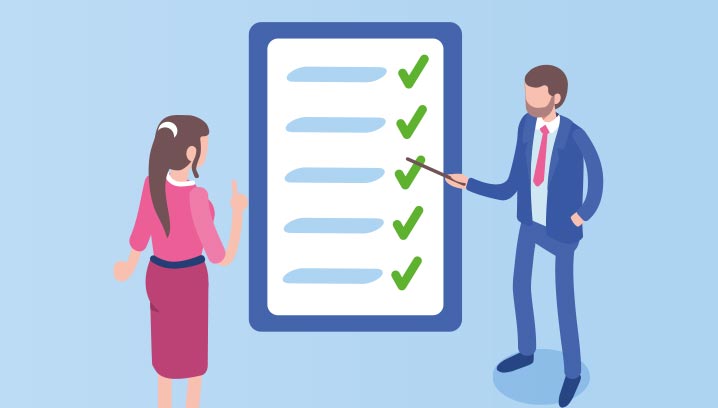
Contingency plan to download
Checklist of recommendations
Coronavirus requires companies to act quickly yet carefully. Our checklist covers all the important organisational and legal guidelines and serves as the basis for your contingency planning.
Download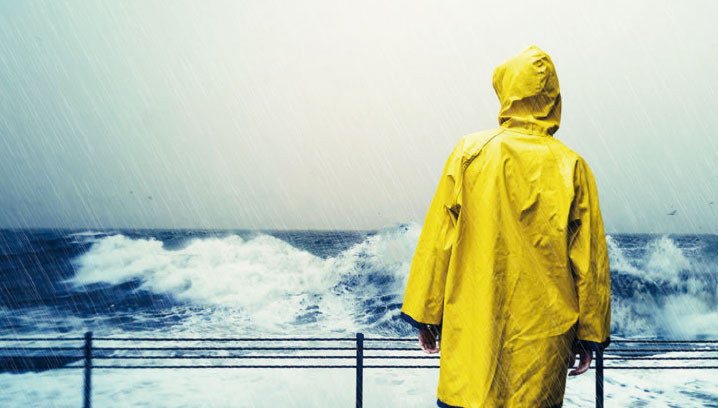
Webinar Business continuity management
What needs to be done in case of emergency?
Companies that tackle different scenarios ahead of time are able to keep going when a crisis occurs. Learn how it’s done in our webinar.
To the German webinarYour point of contact


